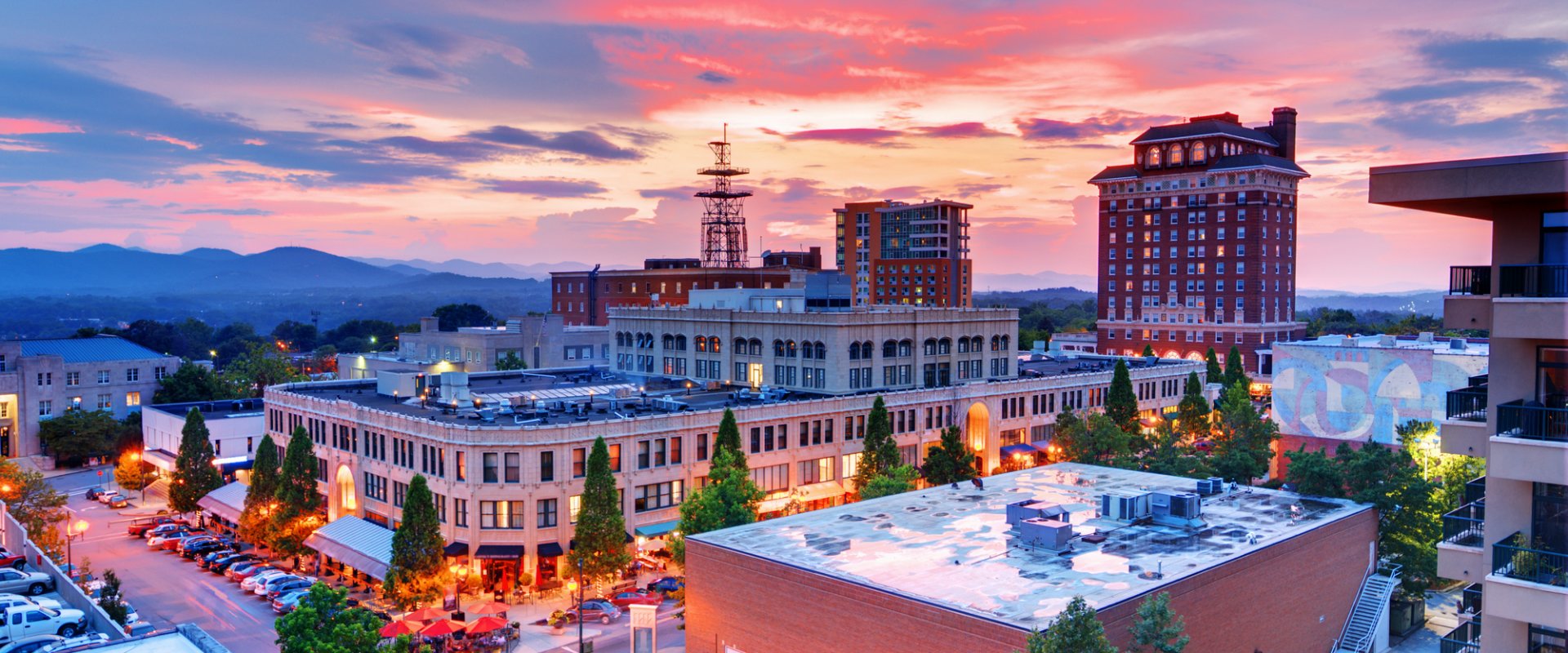Vacant land on its own isn’t going to make you a whole lot of money; however, it has a lot of potential. Building on your vacant land in Asheville? Here are the costs you need to know about.
Development Fees
In order to build on the vacant land, you first need to make a plan on what to build. You will need to consult a builder for a floor plan and if they do not have a floorplan you like, you will have to work with them to design a custom one, which usually will incur more fees. Then, once the floor plan is complete, you or the builder will then have to apply for all the permitting. The builder will have discussed all anticipated fees and costs of materials; however, if changes are made or things are done incorrectly, this may push the project over budget.
If your vacant land in Asheville is in a special mitigation area, there may be additional cost in surveys and protected wildlife studies and permitting. This could range from a few hundred dollars to a few thousand dollars.
Vacant Land Preparation Fees
Once the necessary studies and permitting are completed, then you may have clearing and fill costs, which could cost anywhere from $5,000 to over $10,000. Once the land is cleared, you will then have to pay to have the waste removed and the land might possibly need to be filled and graded depending on the current and necessary elevation, which is possibly thousands more.
Impact Fees
In addition to the possible mitigation fees, there are usually impact fees associated with building a new residential home. This fee is usually separate from any fees you would pay the developer or builder. These fees help the municipality pay for schools, infrastructure, and other public costs that adding another household would mean to the community. The impact fees are not usually less than $1,000 and can skyrocket to over $100,000. These extremely high fees are often added in areas to discourage development. The average impact fee is about $12,000 as noted in a 2010 study.
Utility Fees
Depending on how far away your vacant land is from the nearest utility line hookup, you will have to pay to extend the utility lines to the property. This may cost anywhere from $25 to $100 or more per foot from the nearest line to your property. The average width of a building lot is about 80 feet, so if your property is in the middle of the block, this could be extremely expensive. Also keep in mind that line extension costs usually do not include the hookup fee, which connects the building to the utility line extension.
Well and Septic Fees
If you do not have utility lines in the area, that means you will have to set up a well and septic system. The well will have to be drilled in the correct place to leave enough room for the septic system. The septic system will need to have studies done to make sure the flow is far enough away from the building and the well, and also other surrounding properties. The installer will also have to develop plans and install the system. If they do this incorrectly, you will have to have the system dug up and redone.
Before you buy vacant land in Asheville, or North Carolina in general, make sure you research all of these associated fees. Depending on the exact location, these extra fees may make your diamond in the rough vacant land a little less shiny.

